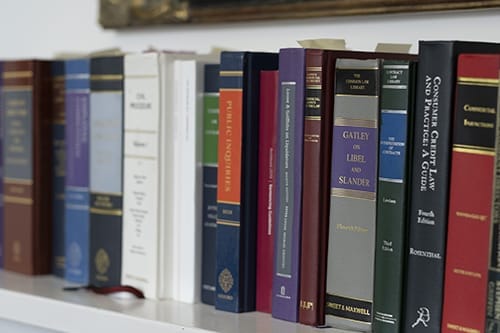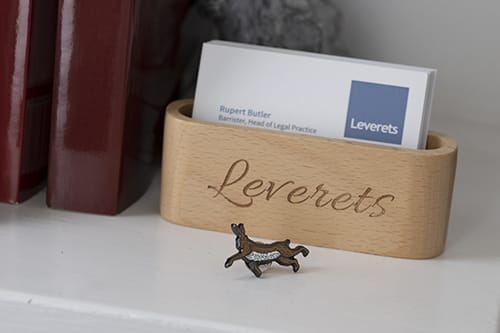Is misleading guidance partly to blame for misapplied Covid loans?
At the height of the Covid-19 pandemic in 2020, the Coronavirus Business Interruption Loan Scheme (CBILS) was launched to provide 100% government-backed financial support to small businesses across the UK that were losing revenue, and seeing cash-flow disrupted, as a result of the outbreak and lockdown. The scheme came under much criticism for being too costly, too slow, and too risky, with borrowers (company directors) required to give personal guarantees, often in the form of their own homes.
So, the government then launched the Bounce Back Loan Scheme (BBLS) in May 2020 to enable small businesses to access finance more quickly. This time the government provided 100% security to the lending banks – no personal guarantee was required by company directors. This meant, should a company find itself struggling or unable to make the loan repayments and enter an insolvency process, the government would be responsible for paying back the loan to the bank rather than the director.
The Unforeseen Consequence
The scheme was open to fraudulent misuse.
The overall amount lent before the BBLS scheme closed was £46.53 billion, across some 1,531,095 bounce back loans. According to a freedom of information request by the BBC in 2022, more than 16,000 businesses who took out a loan have since gone bust; many for legitimate reasons, but a not insignificant number because of abuse of the lifeline financial support.
The Government has therefore given the Insolvency Service new powers to tackle directors who dissolved their companies improperly to avoid scrutiny and paying BBLS loan liabilities. The Ratings (Coronavirus) and Directors Disqualification (Dissolved Companies) Bill allows retrospective investigation of company dissolutions and strike offs, and action to be taken against directors including fines, disqualifications of up to 15 years and, as seen recently, suspended prison sentences.
According to the most recent statement issued by the Insolvency Service, by the end of 2022 it had secured 141 director disqualifications and 58 bankruptcy disqualifications. A figure that will no doubt continue to rise in 2023
Accidental Misapplication or Misuse of Loans
Extreme cases of blatant fraud aside, there are many company directors facing scrutiny by the Insolvency Service because they inadvertently (and perhaps naively) misapplied or misused the loan scheme.
When it issued the BBLS scheme the government provided scant guidance on how the monies could be utilised. Stating under a broad term that bounce back loan finance must be used for the ‘economic benefit of the business’, this left much open to interpretation and potential for inadvertent misuse.
So, what to do?
If your business is in financial difficulty and you have concerns that a government backed Covid loan has been used incorrectly, or if you have dissolved your company since taking out a bounce back loan and you’re now subject to an investigation by the Insolvency Service, get in touch.
Our team have over 30 years’ experience in providing legal assistance in insolvency matters. Applying the highest levels of precision and expertise to your bounce back loan fraud investigation, our blended team of barristers and solicitors will support you through the process and ensure the best possible outcome.






